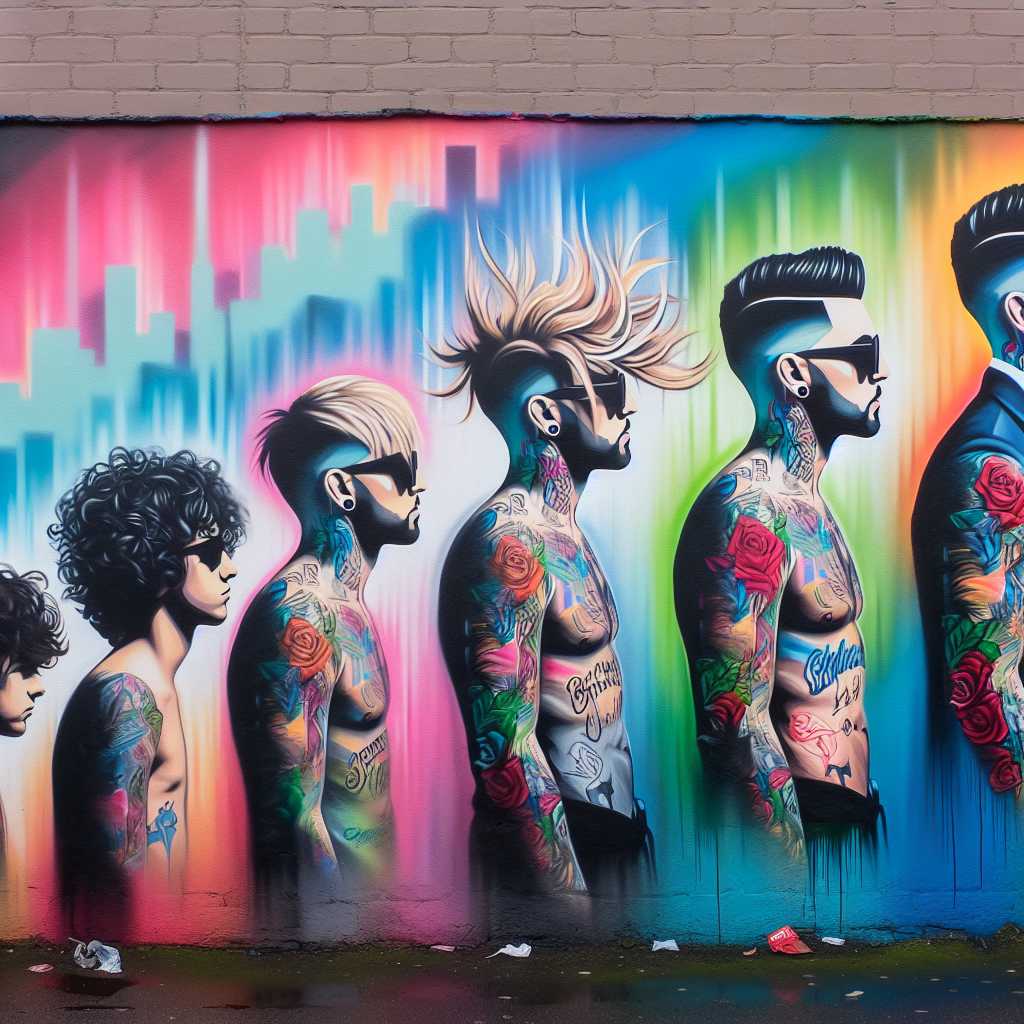Understanding the Impact and Legacy of Lil Wayne in Modern Hip-Hop Culture
Lil Wayne, born Dwayne Michael Carter Jr., is a prominent figure in the world of hip-hop, with a career that has spanned over two decades. His unique style, eclectic beats, and profound influence on the genre have earned him recognition as one of the most significant artists in recent music history. This article will delve into Lil Wayne’s rise to fame, his musical contributions, the challenges he faced, and his enduring legacy within the industry.
Early Life and Musical Beginnings
Born on September 27, 1982, in New Orleans, Louisiana, Lil Wayne grew up in Hollygrove, one of the city’s poorest neighborhoods. He wrote his first rap song at eight years old and was discovered by brothers Bryan and Slim Williams, the founders of Cash Money Records. After joining the label, he formed the group The Hot Boys alongside rappers Juvenile, B.G., and Turk, achieving considerable success.
Wayne’s early work with The Hot Boys set the stage for a solo career characterized by his southern drawl and innovative wordplay. His distinctive voice and relentless work ethic quickly marked him as an emerging star in the hip-hop world.
Rise to Fame: Tha Carter Series
Lil Wayne’s popularity surged with the release of “Tha Carter” in 2004 and its subsequent albums. These recordings showcased his development as a rapper and an artist, boasting hit singles that climbed music charts worldwide.
Standout tracks from the ‘Tha Carter’ series highlighted Wayne’s powerful storytelling ability, versatile flow, and creative use of metaphors. With these albums, Lil Wayne cemented himself as a formidable force in the industry and influenced a generation of emerging artists.
Creative Evolution and Collaborative Works
Throughout his career, Lil Wayne has demonstrated an aptitude for reinvention, remarkable by adapting to different styles and adopting new elements into his music. His mixtape releases such as ‘Da Drought’ and ‘No Ceilings’ were acclaimed for their raw energy and lyractical prowess.
Moreover, Wayne has excelled in collaboration with other artists, contributing verses to hit songs across various genres. His features on tracks with pop and R&B musicians broadened his appeal beyond traditional hip-hop audiences.
Business Ventures and Brand Expansion
Proving to be more than just a musician, Lil Wayne also thrived outside of recording studios. His entrepreneurial initiatives included launching Young Money Entertainment, which played a pivotal role in developing the careers of stars like Drake and Nicki Minaj. By cultivating new talent and expanding into different sectors of entertainment and branding itself, Wayne demonstrated acumen as a business magnate.
Facing Adversities
The journey has not been without difficulties for Lil Wayne. Legal battles, health issues, and controversy have intersected with his musical career. Despite these challenges, he has shown immense resilience, using personal experiences to fuel his lyrical content and connect more deeply with listeners facing their struggles.
A Cultural Icon: Influence on Hip-Hop and Beyond
Lil Wayne’s significance extends further than record sales or award wins; his impact is woven into the fabric of pop culture. He helped define modern hip-hop’s language and aesthetics while pushing boundaries that expanded the genre’s reach globally.
His wordplay has become a staple within hip-hop lexicon; his fashion sense has influenced streetwear trends; and his open discussion of personal demons has allowed conversations about mental health and substance use within rap culture to advance.
Notes
Image description: A mural encountering Lil Wayne’s portrayal in vibrant colors depicts various stages of his career— from a young Hot Boy to established solo artist—shown through shifts in hairstyle, tattoos prominant on display; resonating particularly with fans who’ve witnessed his evolution over time.
